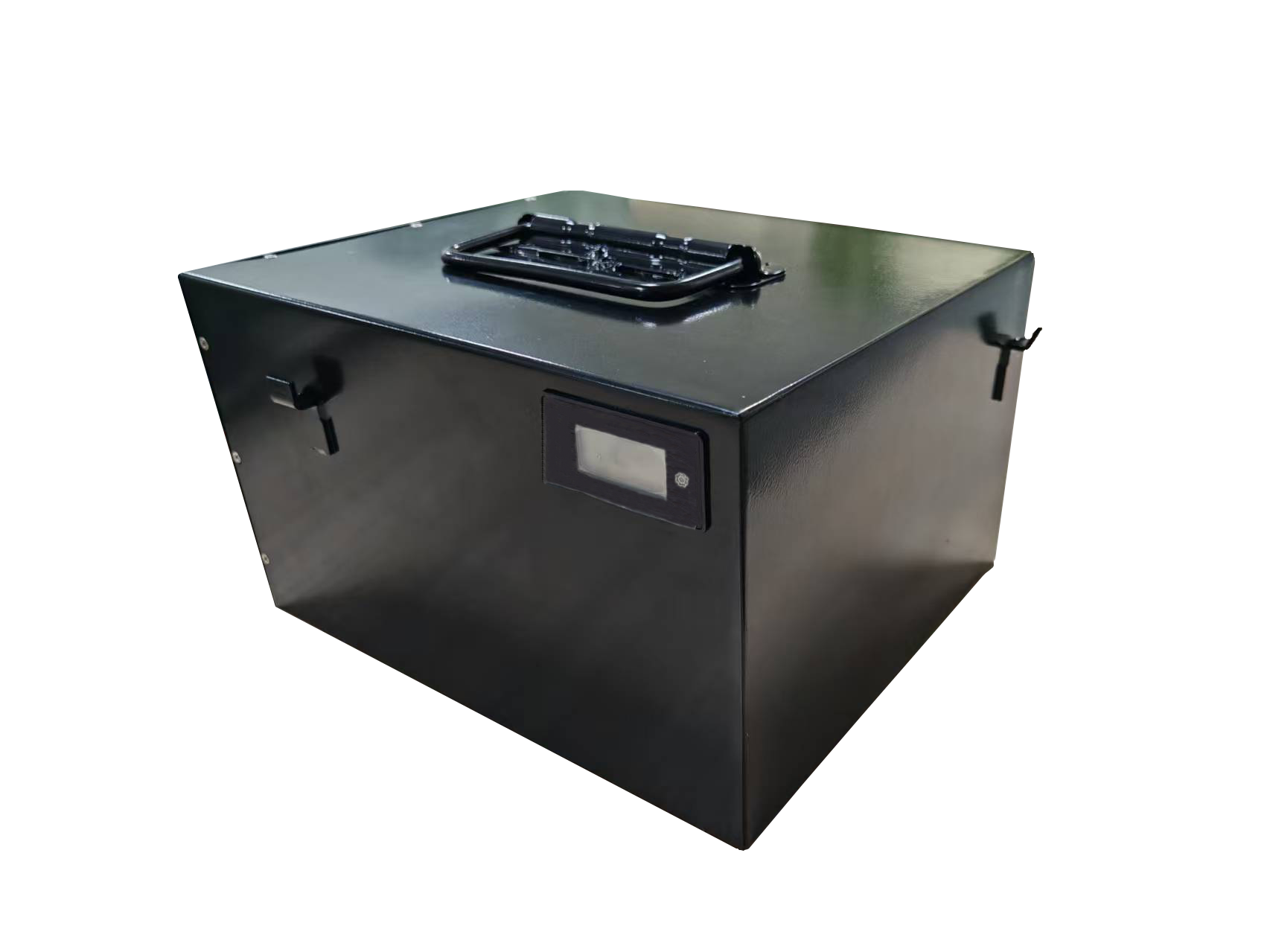Understanding 76.8V Motorcycle Lithium Batteries: A Comprehensive Guide
When it comes to powering electric motorcycles, the choice of battery is crucial. One of the increasingly popular options is the 76.8V motorcycle lithium battery. These batteries offer a range of benefits that make them a sought-after solution for electric motorcycle enthusiasts. This article delves into the key attributes of 76.8V lithium batteries, helping users make informed decisions regarding
2025-07-10

When it comes to powering electric motorcycles, the choice of battery is crucial. One of the increasingly popular options is the 76.8V motorcycle lithium battery. These batteries offer a range of benefits that make them a sought-after solution for electric motorcycle enthusiasts. This article delves into the key attributes of 76.8V lithium batteries, helping users make informed decisions regarding their electric vehicles.
First and foremost, the high voltage of 76.8V is particularly advantageous for electric motorcycles, as it allows for efficient energy delivery. This voltage enables the battery to support powerful motors, leading to better acceleration and higher top speeds. Moreover, a 76.8V battery can effectively manage the energy demands of various components within an electric motorcycle, ensuring a harmonious balance between performance and efficiency.
One of the standout features of lithium batteries is their energy density. A 76.8V motorcycle lithium battery typically has a high energy-to-weight ratio, which means it can store more energy while remaining relatively lightweight. This characteristic is especially beneficial in the context of motorcycles, where every kilogram counts in terms of performance and handling. Riders can expect longer ranges on a single charge, thereby enhancing their overall riding experience.
Durability and lifespan are additional factors that make 76.8V lithium batteries appealing. Unlike traditional lead-acid batteries, lithium batteries have a significantly longer cycle life, often lasting several years with proper maintenance. This durability translates into lower replacement costs over time, making lithium batteries a cost-effective option for long-term use. Additionally, they are generally more resistant to the effects of temperature fluctuations, which can be vital in various riding conditions.
Another noteworthy advantage of 76.8V motorcycle lithium batteries is their fast charging capability. Many models can be charged rapidly, allowing riders to spend less time waiting and more time on the road. This convenience is a crucial factor for those who use their motorcycles for daily commutes or long-distance travel.
However, potential users should also consider some factors before making a purchase. It is essential to ensure compatibility with the motorcycle's electrical system and to be aware of the battery's specific charging and discharging requirements. Safety is paramount, so understanding the battery management system (BMS) integrated into the battery can help prevent overcharging and overheating.
In conclusion, the 76.8V motorcycle lithium battery presents a compelling option for electric motorcycle users seeking powerful, efficient, and long-lasting energy solutions. By understanding its benefits and considerations, riders can make an informed choice that enhances their motorcycle experience while embracing the future of electric mobility.
First and foremost, the high voltage of 76.8V is particularly advantageous for electric motorcycles, as it allows for efficient energy delivery. This voltage enables the battery to support powerful motors, leading to better acceleration and higher top speeds. Moreover, a 76.8V battery can effectively manage the energy demands of various components within an electric motorcycle, ensuring a harmonious balance between performance and efficiency.
One of the standout features of lithium batteries is their energy density. A 76.8V motorcycle lithium battery typically has a high energy-to-weight ratio, which means it can store more energy while remaining relatively lightweight. This characteristic is especially beneficial in the context of motorcycles, where every kilogram counts in terms of performance and handling. Riders can expect longer ranges on a single charge, thereby enhancing their overall riding experience.
Durability and lifespan are additional factors that make 76.8V lithium batteries appealing. Unlike traditional lead-acid batteries, lithium batteries have a significantly longer cycle life, often lasting several years with proper maintenance. This durability translates into lower replacement costs over time, making lithium batteries a cost-effective option for long-term use. Additionally, they are generally more resistant to the effects of temperature fluctuations, which can be vital in various riding conditions.
Another noteworthy advantage of 76.8V motorcycle lithium batteries is their fast charging capability. Many models can be charged rapidly, allowing riders to spend less time waiting and more time on the road. This convenience is a crucial factor for those who use their motorcycles for daily commutes or long-distance travel.
However, potential users should also consider some factors before making a purchase. It is essential to ensure compatibility with the motorcycle's electrical system and to be aware of the battery's specific charging and discharging requirements. Safety is paramount, so understanding the battery management system (BMS) integrated into the battery can help prevent overcharging and overheating.
In conclusion, the 76.8V motorcycle lithium battery presents a compelling option for electric motorcycle users seeking powerful, efficient, and long-lasting energy solutions. By understanding its benefits and considerations, riders can make an informed choice that enhances their motorcycle experience while embracing the future of electric mobility.
Key words:
Previous:
Related News


